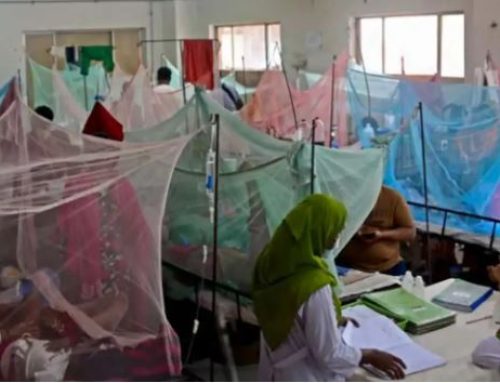Project Description
Author: Amin et al.
Summary:
The People’s Republic of Bangladesh has been working to eliminate visceral leishmaniasis or Kala-azar cases since there was a memorandum of understanding signed between neighboring countries in 2005. As a part of the elimination activity, 44 cases of Kala-azar were diagnosed and treated in the regional referral center Dhaka Medical College Hospital (DMCH) during the last three years, which is reported here. Confirmed leishmaniasis cases were included. Patients attending this specialized center with different demographic characteristics and varied presentations with laboratory findings were reviewed and recorded in a structured case record form. Ethical clearance was obtained prior to starting the study. A total of 44 patients with leishmaniasis were reviewed. Approximately 89% (n = 39) were New Kala-azar (NKA), 7% (n = 3) were Relapse Kala-azar (Relapse KA), only one case (2%) was Kala-azar Treatment Failure (KATF) and Post Kala-azar Dermal Leishmaniasis (PKDL) for both. The mean age of presentation was 32 years. Forty percent of patients had houses made by mud, 26% by tin shed, and the rest lived in buildings and semi-buildings. The predominant clinical features were fever (90.9%), pallor (88.6%), splenomegaly (81.8%) and hepatomegaly (68.2%). rK39 was positive in 90.7% of cases, and 94.4% of cases were positive for LD bodies on splenic aspirate. Of all, 90.90% were treated with Inj. Liposomal amphotericin B and 9.10% with the combination of Inj. Liposomal Amphotericin B and Inj. Miltefosine. Moving forward to the elimination of leishmaniasis from Bangladesh, the study highlights the status, characteristics and treatment of the disease in the country.
Status: Completed and published
Full text link: https://www.cell.com/heliyon/fulltext/S2405-8440(20)32257-X?_returnURL=https%3A%2F%2Flinkinghub.elsevier.com%2Fretrieve%2Fpii%2FS240584402032257X%3Fshowall%3Dtrue
Keywords: Public health, Infectious disease, Epidemiology, Internal medicine, Clinical research, Kala-azar, Leishmaniasis, Bangladesh, Leishmania donovani



